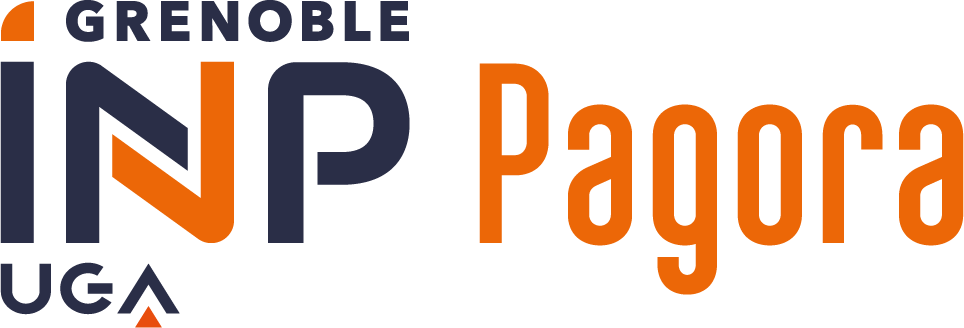Number of hours
- Lectures 6.5
- Projects -
- Tutorials -
- Internship -
- Laboratory works -
ECTS
ECTS 38.0
Goal(s)
Learning outcomes :
- To build experimental designs for linear, factorial and quadratic models
- To use Minitab software to process the results obtained
- To analyze the results with statistical tools and conclude on the validity of the model obtained
- To be in a critical view of the results and identify their limitations
Agnes BOYER
Content(s)
Develop an optimal study strategy designed to model, in a minimum number of experiments, a set of responses capable of describing a given process with the objective of empirically describing the phenomena involved or optimizing operating conditions.
This course is offered in the form of problem-based learning, thus promoting the practice over theory. Sessions operating software will be implemented during this APP.
- Introduction to empirical modeling and design of experiments
empirical models, response surface curves and isoresponse
- objective and model selection (screening, prediction, response surface methodology RSM, Matrix of experience and design matrix
- Linear models without interaction : Hadamard matrices (Plackett & Burman)
- Linear models with all interactions : Full factorial design with 2 levels
- Linear models with interactions limited : Principle of construction of a fractional factorial design with 2 levels (aka, generators); Taguchi orthogonal tables 2 levels
- Models of the second degree and corresponding plans : Taguchi orthogonal tables with 3 levels, 3-level factorial designs ; Central composite designs in a sphere or a cube, Box-Behnken plans etc..
- optimization of simple answer or multi-answers (overlapping curves isoresponse, additive response weighted coefficient of desirability)
Targeted skills : "Develop solutions, innovate", "Team management"
Prerequisites1st year statistics course, especially for average, standard deviation and variance calculations.
Basic knowledge of statistics and matrix calculation.
Accessibilité des personnes en situation de handicap : nous consulter
Evaluation : 50% of Rapport ou compte-rendu and 50% of Written exam (1.5h)
Resit : 50% of Rapport ou compte-rendu (reported score) and 50% of Written exam (1.5h)
Homework to be done at each step of the problem solving process (mark N1)
Written exam 1H30 with documents (mark N2).
Can be recaptured on the individual examination part
The course exists in the following branches:
- Curriculum - Pagora Engineer - Student - Semester 9
- Curriculum - Master Bio2 - Semester 9
- Curriculum - Pagora Engineer - Apprentice - Semester 9
Course ID : 5FMT1084
Course language(s): 
You can find this course among all other courses.
Environmental security
Déroulement de l’enseignement en salle de cours standard.
Sécurité : RAS
Environnement : RAS
BOX G.E.P., DRAPER N. Empirical model-building and response surfaces. New York : John Wiley, 1987.
GOUPY J. Pratiquer les plans d'expériences. Paris : Dunod, 2005.
PILLET M. Appliquer la maîtrise statistique des processus. 4e éd.Paris : Editions d'Organisation, 2005.



